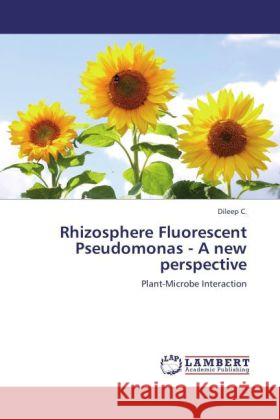Rhizosphere Fluorescent Pseudomonas - A new perspective » książka
Rhizosphere Fluorescent Pseudomonas - A new perspective
ISBN-13: 9783848446049 / Angielski / Miękka / 188 str.
Extensive use of chemical agricultural inputs,pesticides and unwise and frequent adaptation of various agricultural practices have brought undesirable changes in cultivation and microbial activity.Use of naturally occurring beneficial rhizobacteria ,which can protect and promote plant growth by colonizing and multiplying along the root surface/root cortex of the introduced plant is found to be a safe and alternative method. Plant growth promotion by these rhizobacteria , collectively referred as Plant Growth Promoting Rhizobacteria(PGPR), can result physiological and chemical stimulation of plant root, resulting more rapid emergence ,higher chlorophyll levels, and enhanced stature. Growth promotion can also depend on suppression of either deleterious microorganisms of the soil, that reduce plant growth and development,and /or of soil borne pathogens that cause diseases such as damping off, rot ,wilts. Among the PGPR strains , Pseudomonas spp has received much attention . The mechanism involved are competition for nutrients, particularly iron ,antibiosis and secretion of lytic enzymes.











